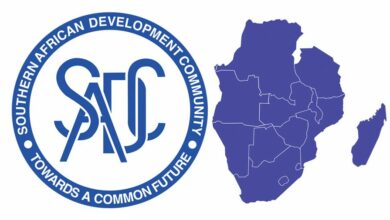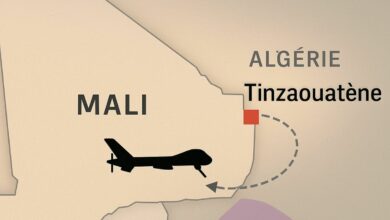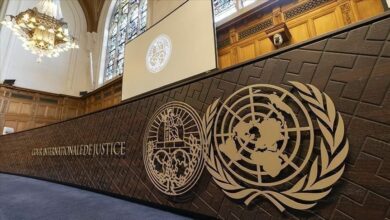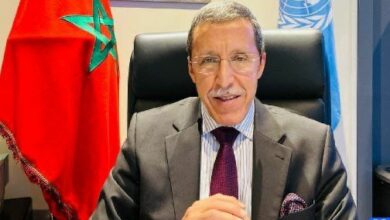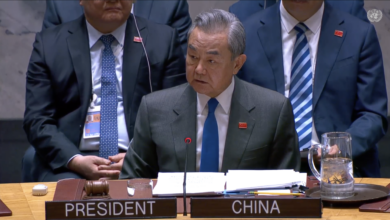A clear and unequivocal response from Trump advisor Massad Boulos — especially since it was directed at an Algerian media outlet: The Sahara is Moroccan, and the only basis for a solution is Morocco’s autonomy initiative
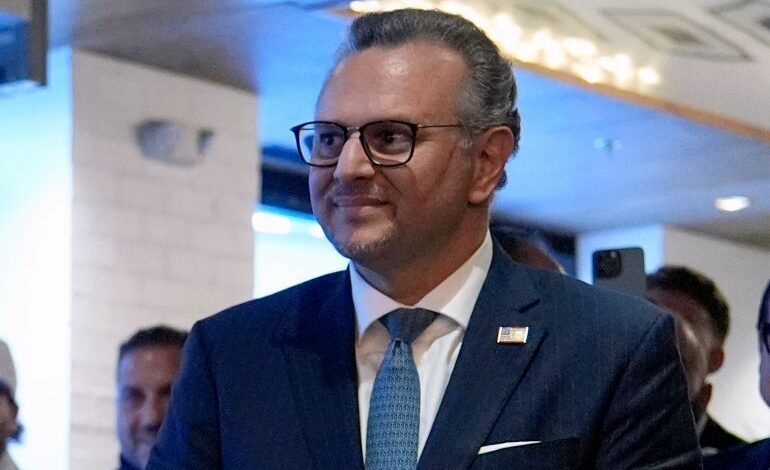
ALDAR/ Iman El Aloui
In a new development that once again highlights the stark contrast between American and Algerian positions on the Moroccan Sahara issue, recent statements by U.S. Secretary of State Marco Rubio have reinforced Washington’s clear recognition of Morocco’s sovereignty over its southern provinces. Rubio affirmed that the Moroccan autonomy initiative remains the only serious and realistic framework capable of ending the fabricated conflict in a fair and lasting manner.
In a media interview, Rubio stressed that the United States remains committed to its recognition of the Moroccan Sahara and reaffirmed strong support for Morocco’s autonomy proposal, describing it as “serious, credible, and realistic,” and emphasizing that it is “the only basis” for any sustainable, mutually acceptable solution. This stance is not new; rather, it is a continuation of the policy launched by President Donald Trump in 2020, when Washington recognized Morocco’s sovereignty over the Sahara in exchange for the resumption of diplomatic relations between Morocco and Israel under the Abraham Accords.
The Algerian response was swift. Official authorities expressed regret over the U.S. position, viewing it as a bias that complicates efforts for a political resolution — despite Algeria claiming to be “not directly involved” in the dispute, even though it diplomatically and financially supports the Polisario Front.
Amid this diplomatic tension, former U.S. President Donald Trump’s advisor, Massad Boulos, revealed details of recent talks he held in Algeria with President Abdelmadjid Tebboune and Foreign Minister Ahmed Attaf. Boulos expressed his country’s commitment to seeking a peaceful, long-term settlement of the conflict, stressing that the United States is ready to help facilitate progress — provided that negotiations are based solely on the Moroccan autonomy initiative.
These statements carry significant weight — not only because of their timing, which coincides with Morocco’s active diplomatic movements in Africa and globally, but also because of their source. Coming from a figure close to U.S. decision-making circles, they carry a special political significance and indicate that recognition of Moroccan sovereignty over the Sahara was not a temporary decision but a consistent strategic choice upheld across U.S. administrations.
While Algeria continues to rely on the support of some forces within the United Nations to push for an outdated referendum-based approach, international trends are shifting toward realistic solutions — foremost among them, broad autonomy under Moroccan sovereignty, as a formula that ensures stability and opens development opportunities in a region seen by major powers such as the United States and France as increasingly geopolitically vital.
In this context, a crucial question arises: Will Algeria cling to its traditional positions despite shifting international dynamics, or will it finally engage in a serious negotiation process that puts the interests of the region’s peoples above ideological calculations?
What is certain is that Washington — through its repeated positions — has sent a clear message: “Morocco’s autonomy plan is the only viable path forward,” and that continued stalemate only serves the logic of non-peace and non-development in a Maghreb region that urgently needs integration and cooperation.

